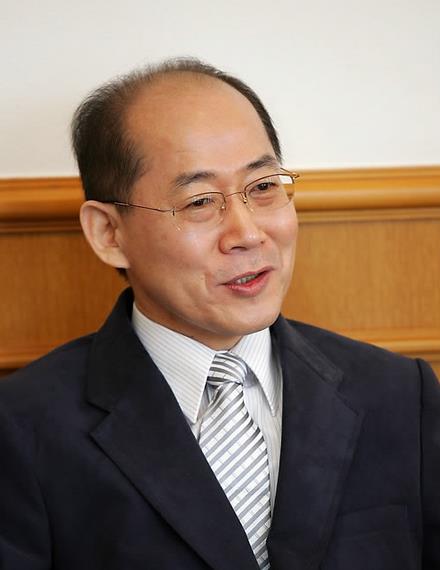The Intergovernmental Panel on Climate Change (IPCC) will hold a scoping meeting in Addis Ababa, Ethiopia on from Monday May 1 to Friday, May 5, 2017 to draft the outline of the Sixth Assessment Report (AR6). The meeting will bring together 200 experts from some 60 countries.

The IPCC decided to produce the AR6 in February 2015. It is due to be completed in the first half of 2022. The meeting in Addis Ababa will draft the outline and indicative coverage of the contents of the three Working Group contributions to the report, which will be released in 2021, for consideration by the IPCC when it next meets in September. A further scoping meeting is planned for November 2018 to draft the outline of the Synthesis Report, which will integrate the three Working Group contributions and the three Special Reports that are being prepared in this assessment cycle.
“With this meeting we are taking a decisive step to advance the work plan of the IPCC. During the AR6 cycle we will see one or more policy-relevant reports released almost every year from 2018 until 2022,” said Hoesung Lee, Chair of the IPCC. “The AR6 Synthesis Report will be delivered in time for the first global stocktake in 2023 by the UNFCCC under the Paris Agreement.”
The AR6 will assess scientific findings that have been published since the IPCC’s last comprehensive report, the Fifth Assessment Report (AR5), which was completed in 2014. AR5 provided crucial input into the Paris Agreement on climate change adopted in December 2015. The AR5 report findings pointed to the fact that the world has the means to limit global warming and build a more prosperous and sustainable future, but pathways to limit warming to 2ºC relative to pre-industrial levels would require substantial emissions reductions over the next few decades.
Prior to the scoping meeting, IPCC Bureau members and authors are presenting the findings and activities of the Panel in workshops for policymakers, academia, media and students as part of a two-day outreach event on 29 to 30 April organised by the African Climate Policy Centre of the United Nations Economic Commission for Africa.
“Africa is vulnerable to climate change but various adaptation and mitigation options exist to make society more resilient and create opportunities for a sustainable future,” said Youba Sokona, Vice-Chair of the IPCC. “We hope that these timely events will encourage more scientists from the region to participate in the work of the IPCC during the AR6 cycle.”
The scoping meeting, outreach event and an Expert Meeting on Mitigation, Sustainability and Climate Stabilisation Scenarios, which held 26 to 28 April, were hosted by the United Nations Economic Commission for Africa (UNECA).
